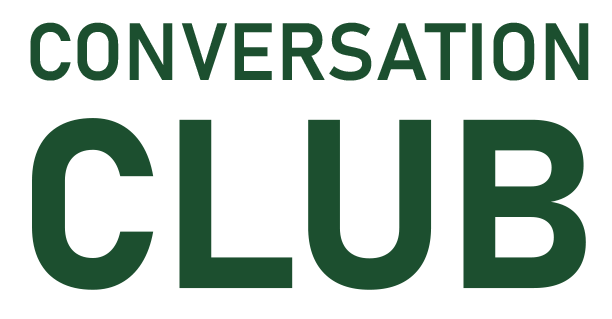Being able to express improves self-image and imparts confidence in kids.
Communication skills training is imperative for the young ones for numerous reasons. While better communication skills help in every field, when it comes to mental health, the ability to communicate effectively has quite a few advantages. For a growing kid, self-image and confidence are vital ingredients of development and these elements are strongly linked to the child’s ability to effectively communicate in his / her environment. Thus, when it comes to communication skills training, special attention from the very start is a mandate.
Communication gaps & mental health
It seems natural that kids talk and convey their message; so what is the whole fuss about communication skills? Well yes, kids talk and they try to send out the message, but the aspect that demands attention is if they are actually able to convey the right message, comprehend what is being said and what happens if they are not!
To understand better, take the case of an infant. The baby is too young to use words or sign language and thus resorts to crying whenever anything is needed. Parents eventually get accustomed to these signs and the baby’s schedule and thus comply as per their understanding to satisfy the baby. Eventually, this child is expected to make use of spoken words and adequate sentences to express. The growth seems natural and perhaps in the safety of the home environment and in the language used at home, kid is able to convey the thoughts.
However, as the kid grows and moves out into the real world, things change quite rapidly. From physical surroundings to people, from language to mannerisms, everything changes drastically. Further clubbed with competition and academic pressures, many kids find it quite challenging to maintain pace.
How can communication skills help maintain the needed wellbeing?
This challenge which is posed by the outside world, can be countered by enhancing the communication skills. Communication skills training works on a very simple formula.
Key components:
- To be able to say / write the desired message using the correct grammar & sentence structure.
- Ability to patiently listen to others.
- Capability to hear and understand what is being said, including the meaning of unsaid words and used language tones.
- Respond in an appropriate manner, using the right set of words.
Crying for everything might work for a 1 year old, but a 10 year old or a teenage does not have the luxury to simply replace words with sounds. An authentic expression of thoughts is the only solution to the problem. The mentioned components, when suitably mixed, provide the needed communication support for enhanced self-image and self-monitored positive expression.
Why Conversation Club for communication skills training?
The focus at Conversation Club is imparting the needed elements of communication, while strictly working as per the individual child’s needs. Customized practical communication sessions for kids ensure learning at a reasonable pace. We understand their struggles and provide a communicative curriculum that enables learning & development.


